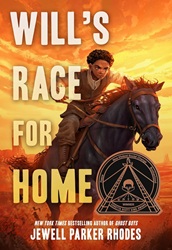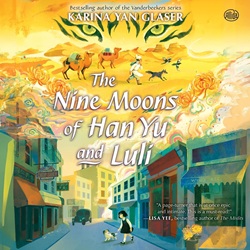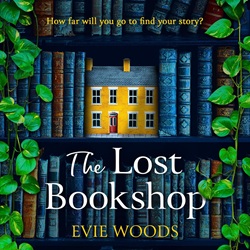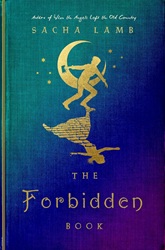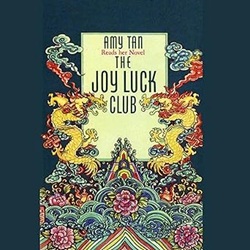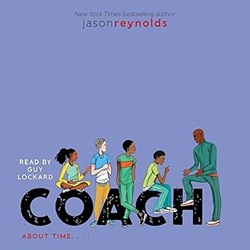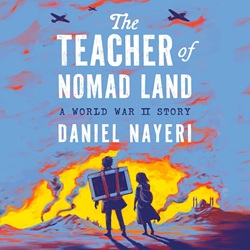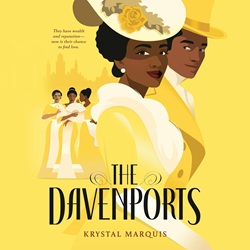Review of Will’s Race for Home, by Jewell Parker Rhodes
by Jewell Parker Rhodes
Little, Brown and Company, 2025. 196 pages.
Review written February 4, 2026, from a library book.
Starred Review
2026 Coretta Scott King Author Award Winner
2026 Capitol Choices selection
Here’s a Western with a Black kid as the protagonist. The book starts out in late 1888. Will lives with his parents and his grandfather on land they sharecrop in Texas, giving most of the profit to the owner. Father and Pa say it’s not much better than slavery.
So when Father hears about a coming land rush for land in Oklahoma, opening up on Monday, April 22, 1889, at noon, Father and Will join the crowd heading out to stake their claim. They’ve got their mule Belle hitched up to a wagon, and they hope to make it on time, because there are more people seeking 160 acres of land than there is land to give them.
And the journey is difficult. They find a friend who helps them, and then they need to help the friend. And they have to get their mule and wagon across the Red River on the border between Texas and Oklahoma. They face gunslingers and sheriffs who don’t want Black folks to claim land. Will gets to know his father better and then gets to know himself better, because by the end he has an important part to play.
It feels like children’s books are getting shorter lately, which is a welcome change. In under 200 pages, Jewell Parker Rhodes gives us a story full of danger and drama, as well as compassion and hope, and shedding light on a part of American history I hadn’t known a lot about. (My own great-grandparents had a homestead in Oklahoma – now I’m curious if they were part of that same land rush.)
jewellparkerrhodes.com
lbyr.com
Find this review on Sonderbooks at: www.sonderbooks.com/Childrens_Fiction/wills_race_for_home.html
Disclosure: I am an Amazon Affiliate, and will earn a small percentage if you order a book on Amazon after clicking through from my site.
Disclaimer: I am a professional librarian, but the views expressed are solely my own, and in no way represent the official views of my employer or of any committee or group of which I am part.
Subscribe for more reviews and talk about books.
Join the conversation: What did you think of this book?
